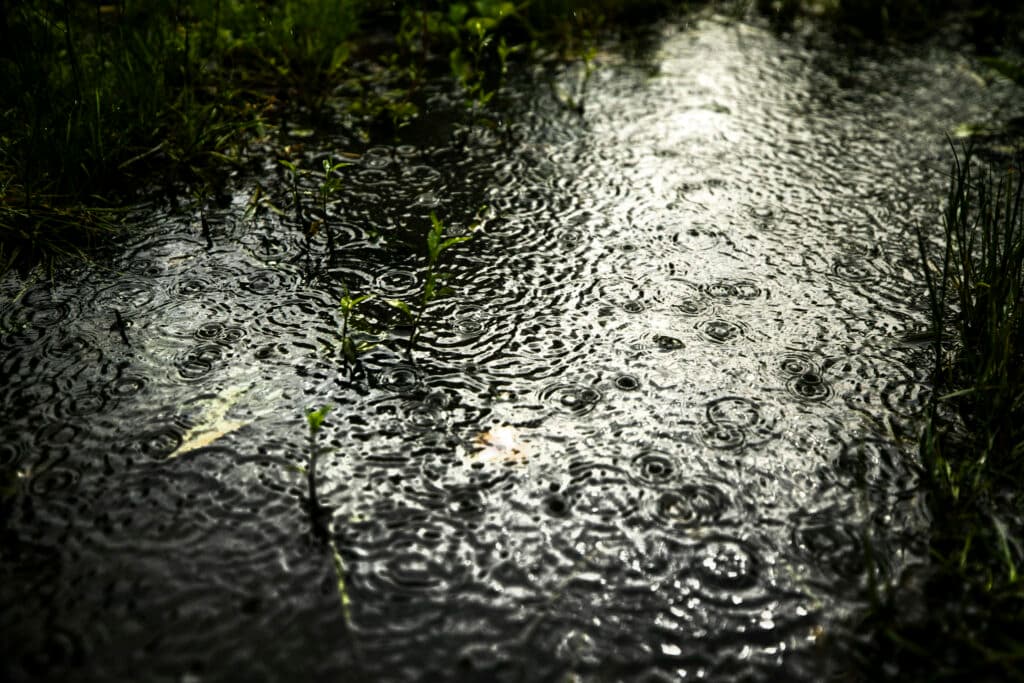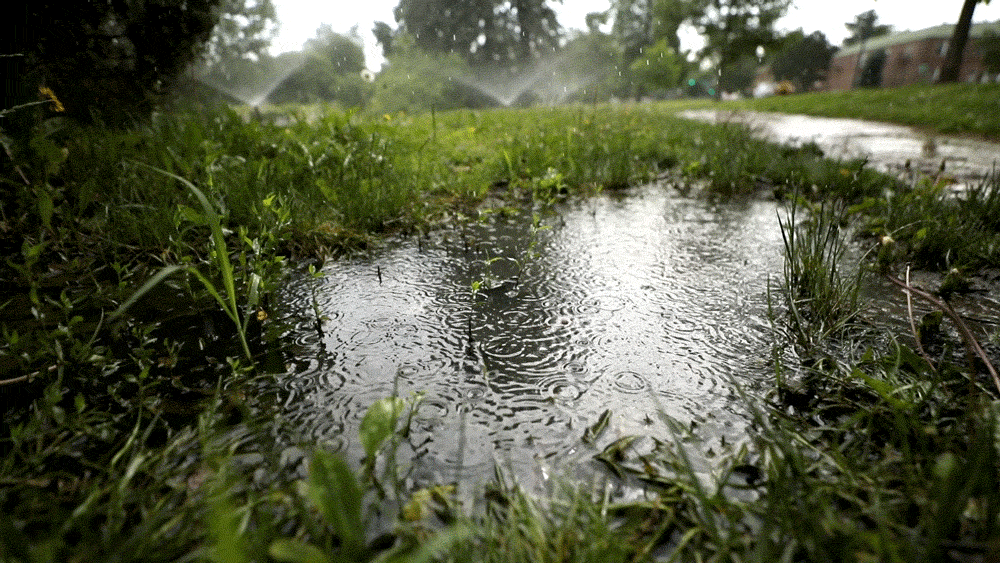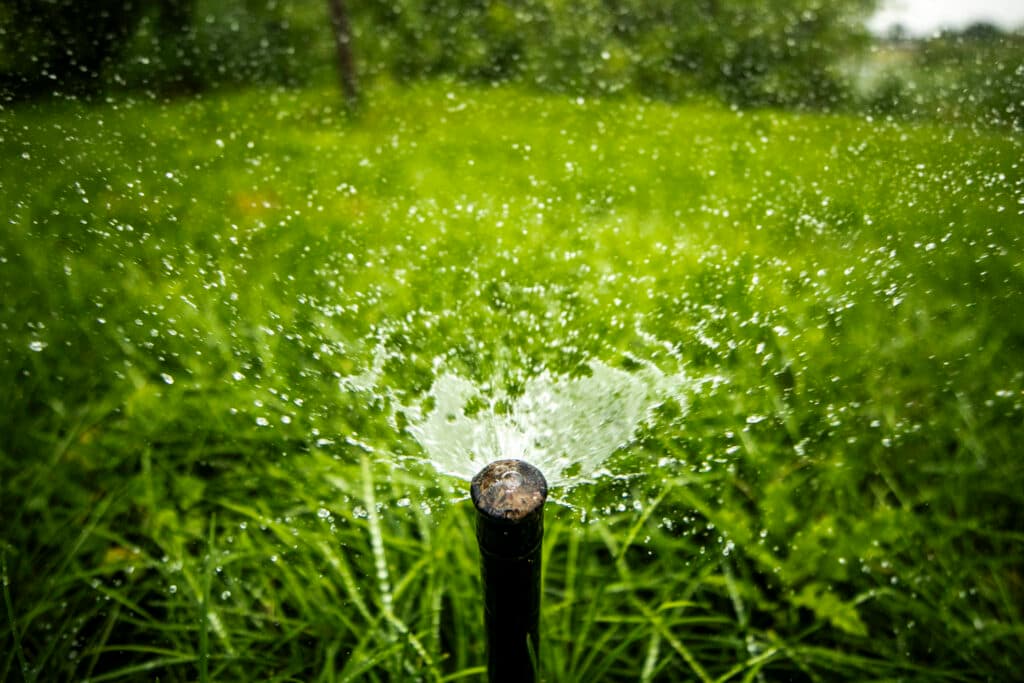Bike through City Park on a blistering June afternoon, and you’ll see sprinklers watering the grass — and sometimes the concrete — full blast.
Just like what Denver Water tells regular people not to do from May 1 through Oct. 1, between 10 a.m. and 6 p.m.
Under the hot Colorado sun, much more of that water will evaporate than if the parks department did its watering at night, per Denver Water rules.
And City Park is not alone. Residents have spotted sprinklers blasting in other parks and medians in the city.
Those Denver Water rules aren’t random.

“The watering rules incorporate best practices for efficient outdoor water use that will help keep your landscape healthy,” Denver Water writes. “It’s a simple way for you to help protect our water supply now and in the future.”
Protecting the water supply seems like something we can all get behind — especially our city government.
So, naturally, residents, who obey local water policy, wonder why the city gets to do what locals are told they can’t — especially in a state facing a longtime water shortage.
“Why does the City of Denver run park and median sprinklers during daytime hours?” wondered Denverite reader Andy Sweet. “Denver Water has guidelines. Shouldn’t the city also comply?”
Denver Parks and Recreation’s answer? The park system is just too big to follow the rules.
The department maintains roughly 228,000 irrigation heads across 3,300 irrigated acres of parks. Roughly every 5,700 or so sprinkler heads are maintained by one irrigation technician.
“Sometimes, simply due to the size of the system, our staff cannot only water during Denver Water’s recommended times,” spokesperson Stephanie Figueroa said via email. “Our irrigation system runs from a central control system.”
But if it’s run by a central control system, shouldn’t that make it easier to make it comply?
“There are hydraulic demand limits on large systems,” she said. “The water mains can only supply so many gallons per hour. Large parks that have 80+ zones that need to run for 45 minutes each will need more time than the water window allows.”

Take Washington Park, which has over 500 irrigation zones. City Park boasts more than 1,200.
“New parks’ irrigation systems are designed to water within the water window and often use booster pumps to supply enough water to do so,” Figueroa said.
There are also exceptions to the regular watering schedule.
“Daytime watering could be because we are fixing a broken line and watering an area that has not been watered for a while due to the break,” Figueroa said. “Lastly, this could be due to newly planted vegetation that needs immediate watering to help root the plants.”
Irrigation techs could also be running watering zones to look for leaks or make adjustments. Valves can be stuck, controllers can malfunction and sometimes breaks in the plumbing require daytime repairs.
The parks department also waters more frequently
Denver Water says lawns should be watered just twice a week, except in extreme circumstances. The parks department waters more than that.
Generally, half of each park is watered Mondays, Wednesdays and Fridays, and the other half is watered Sundays, Tuesdays and Thursdays.
There are some exceptions: High-impact event areas and athletic fields are watered even more frequently to keep playing surfaces safe.
New sod, grass seed and plant materials also require extra water.
So does Denver Water fine the parks department like residents would be fined?
“There are no fines between DW & DPR besides non-compliant backflows,” Figueroa wrote.
But Denver Water does encourage residents to report the city when watering is taking place outside of its designated times.
“If you see water waste in Denver parks, water use that does not meet the rules, call 3-1-1,” the agency writes.

But 311 is the city’s non-emergency line, not Denver Water’s, an independent entity.
The public is asked to report the city to itself when it violates the rules, and Denver Water stays out of it.
As for residents violating water rules, Denver Water does take those complaints.
You can call Denver Water at 303-893-2444 or fill out a form online.
Correction: The headline on this story has been updated to reflect that Denver Water and the city are two separate entities.













